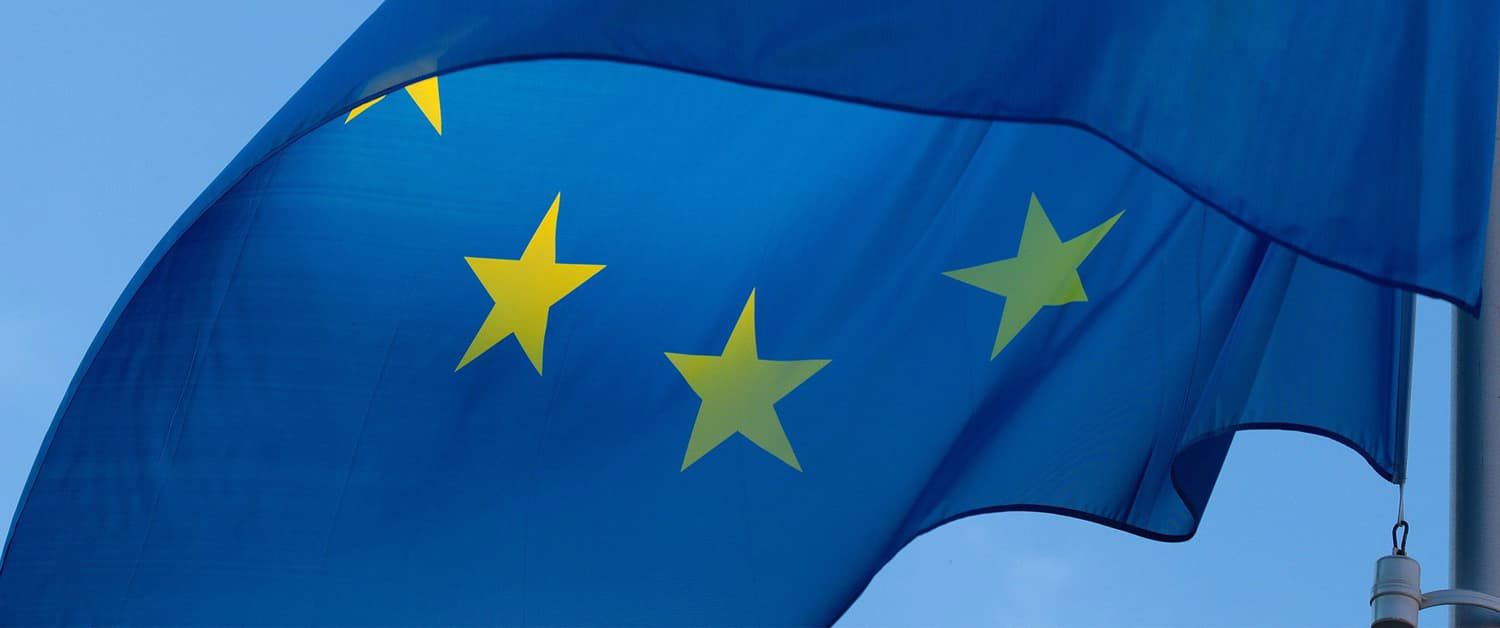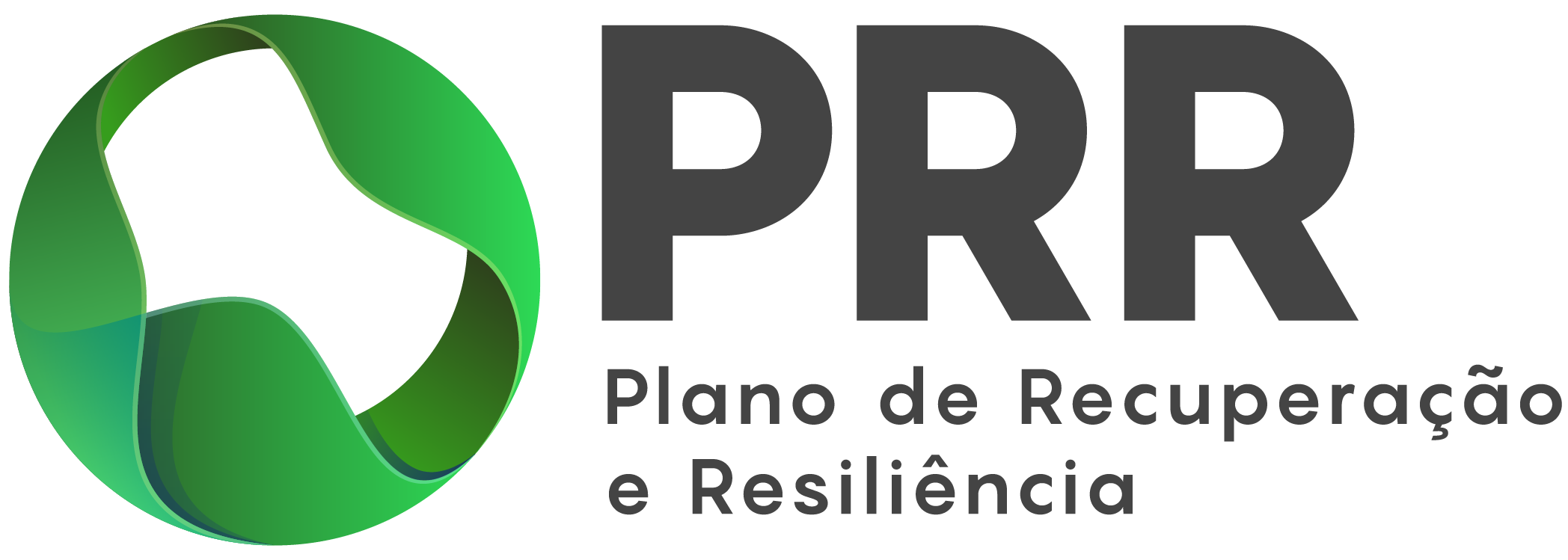The European Commission has approved, under EU State aid rules, a €612 million Portuguese scheme to lower electricity levy rates for energy-intensive companies. The scheme intends to reduce the risk that these energy-intensive companies relocate their activities to countries outside the EU with less ambitious climate policies. An energy-intensive company is a business that consumes a large amount of energy as a core part of its production process.
Portugal has implemented several levies to fund its energy and environmental policies. This includes levies financing (i) electricity production from renewable energy sources, (ii) support for energy efficiency, and (iii) social tariffs and promotion of electricity generation in isolated regions.
The State aid scheme aims at lowering the levy rates for energy-intensive companies, to mitigate the risk that they relocate their activities to locations outside the EU with less ambitious climate policies. The scheme will run until 22 April 2035 and has an estimated budget of €612 million.
The measure will benefit companies in sectors that rely heavily on electricity and are particularly exposed to international trade, as listed in Annex 1 of the 2022 Guidelines on State aid for climate, environmental protection and energy (‘CEEAG'). Beneficiaries will receive a levy reduction between 75% and 85%, depending on their risk exposure. The applicable reduction must not result in a levy below €0.5/MWh.
Under the scheme, beneficiaries will have to either (i) implement certain energy audit recommendations, (ii) cover at least 30% of electricity consumption with renewable energy sources, or (iii) invest at least 50% of the aid in projects leading to substantial reductions of the installation's greenhouse gas emissions.




